


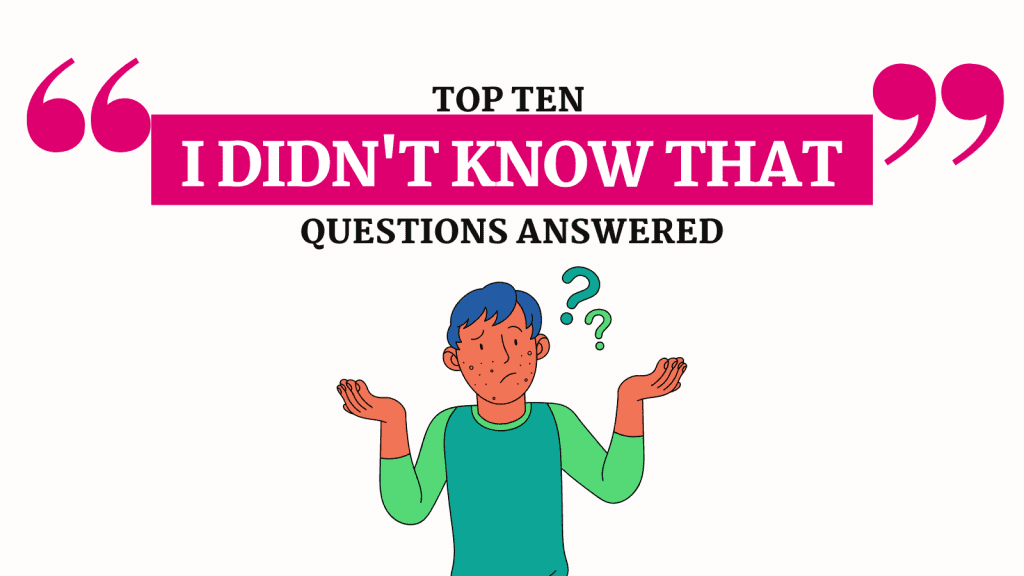
I didn’t know that? This is a phrase we hear a lot, especially when someone sets up a limited company…
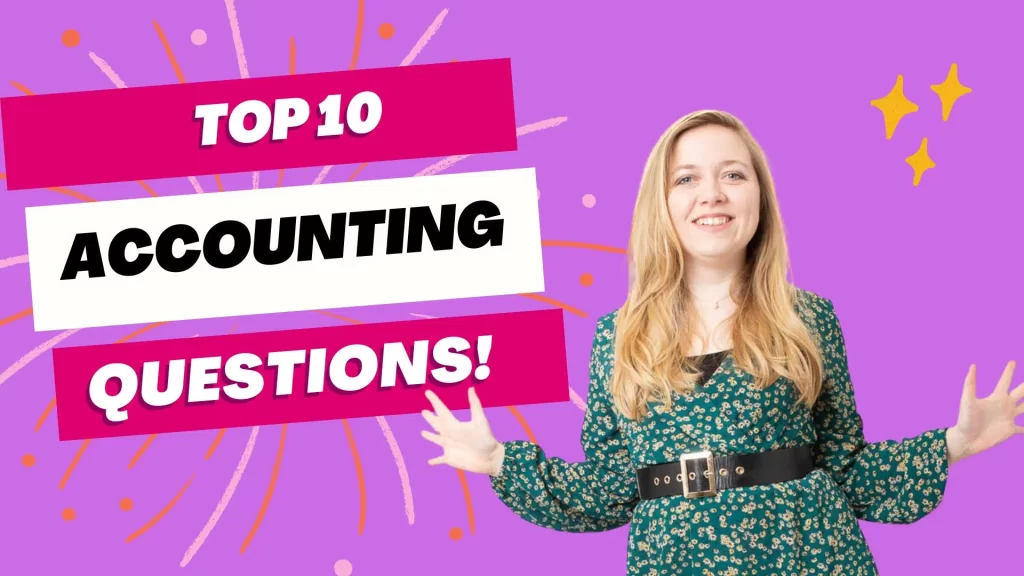
As accountants, a lot of our time is spent answering your queries and questions to help ensure you make the…
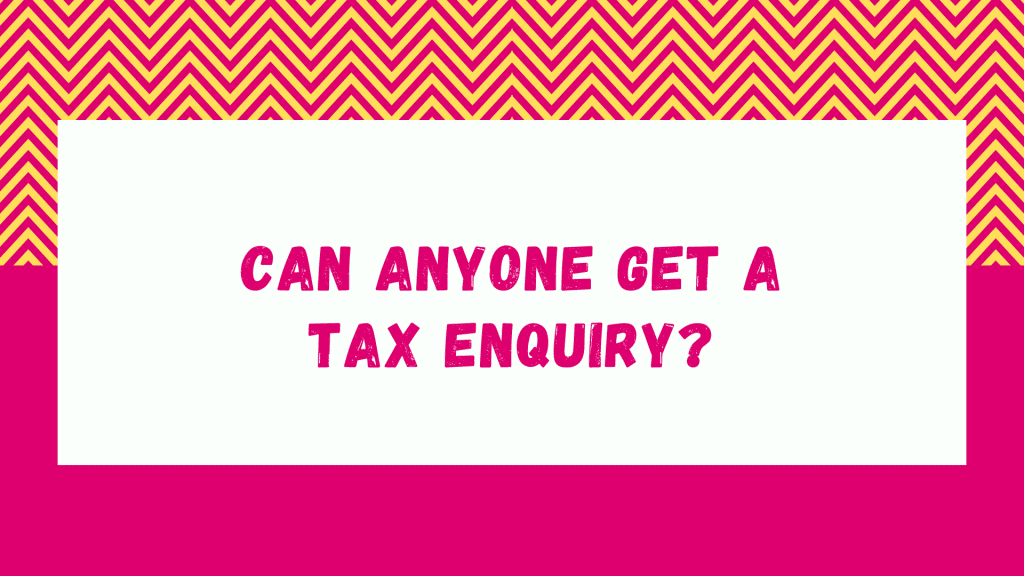
Each year HM Revenue & Customs (HMRC) undertake an enormous number of tax enquiries into individuals and businesses to check…
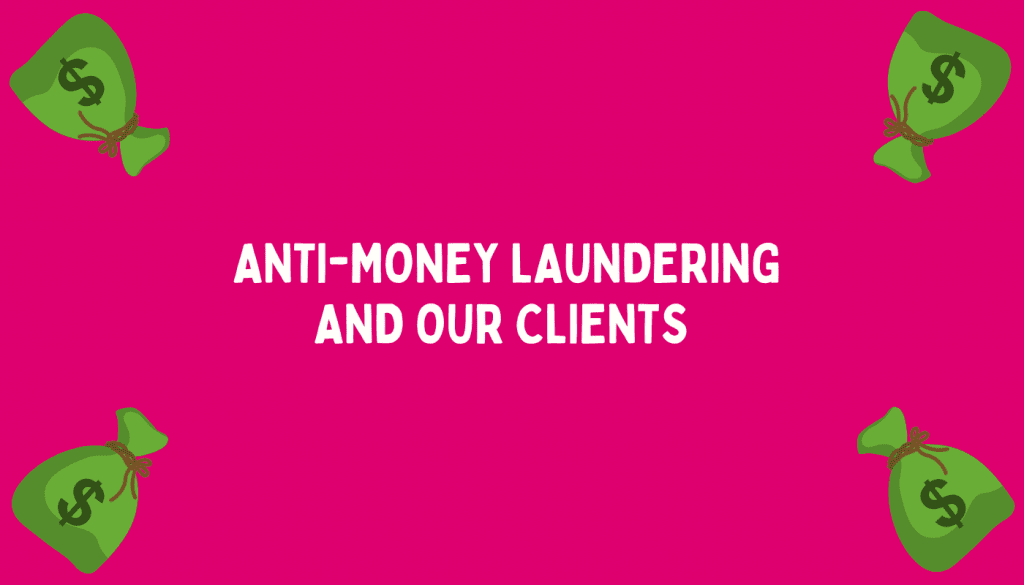
Anti-money Laundering – sounds scary, doesn’t it? Our governing body (AAT) requires us to follow strict guidelines to help us…
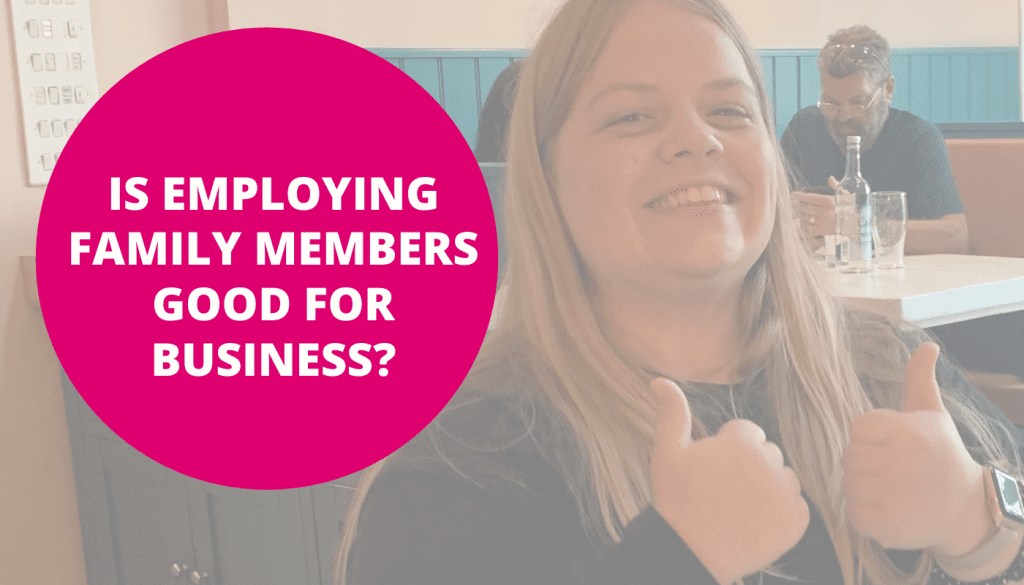
Employees are sometimes afraid to voice their opinions. The same goes for disappointments, frustrations or general ideas, especially when it…

Paul and Jenni had a board meeting yesterday revolving around the cycle to work scheme and Boris Johnsons announcement regarding…
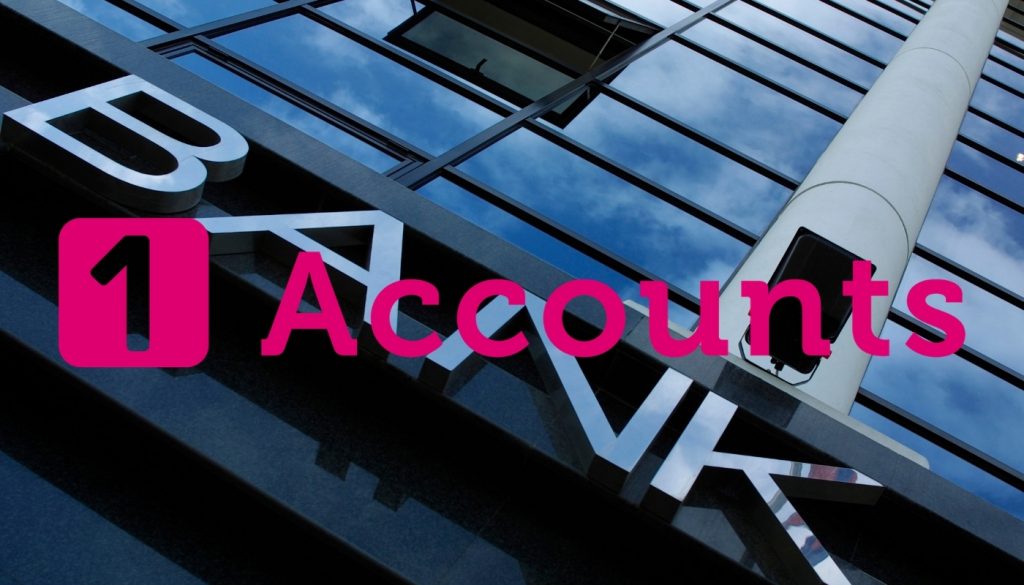
You Are Not A Bank As a small business, credit control can be a nightmare. Paul will tell you that…